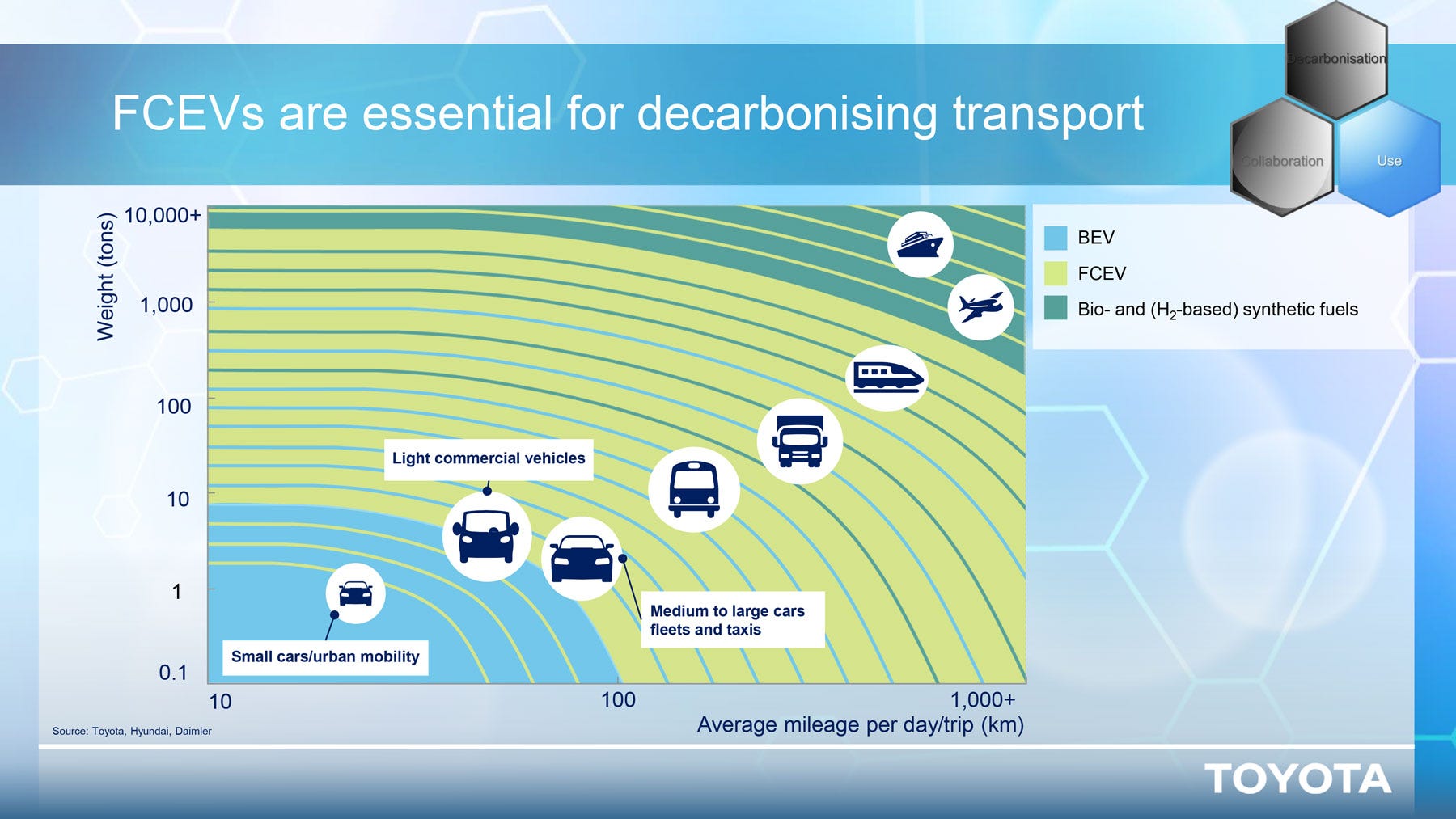I didn't mention '20 million cars being taken off the road overnight'. Perhaps you could explain why you did.Will that apply to small rural communities or caravan sites? I doubt it
and how are all these cars to be disposed of? If 2/3 of all ICE cars were taken off the road overnight, that's 20 million, with 100 miilion tyres to dispose of
== Doublepost prevention - post automatically merged: ==
More to the point, where do they get their diesel/petrol from now?Where are all these small communities that don't have a mains electricity supply or a generator?
(Yes, I know, a generator means no environmental gain, but they do need to go shopping etc, where there are chargers...)

